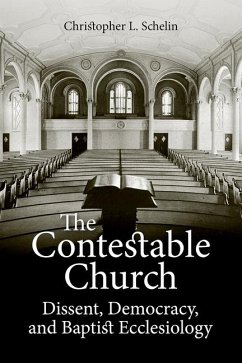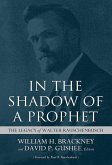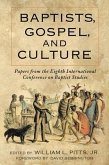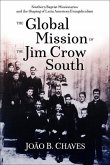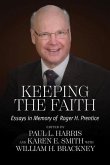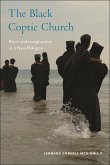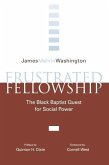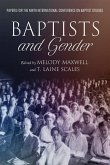Baptists have a well-earned reputation as a contentious people. Lacking a centralized authority to settle disputes, and defending the conscience of each believer, they have excelled at conflict and division. But perhaps the resolution of this scandal is not for Baptists to stop fighting, but to learn to fight better. Christopher L. Schelin reconsiders Baptist ecclesiology from the perspective that conflict is not merely inevitable but is essentially constructive for the church's discernment of the mind of Christ. Enlisting the support of radical democratic political theory, as exemplified in the work of Romand Coles, the author argues that it is precisely through hospitable encounters with difference and disagreement that new possibilities emerge. Schelin invites Baptists not to shy away from conflict, employing convergences with radical democracy to reimagine key doctrinal themes such as soul competency, the priesthood of believers, and pastoral authority.

